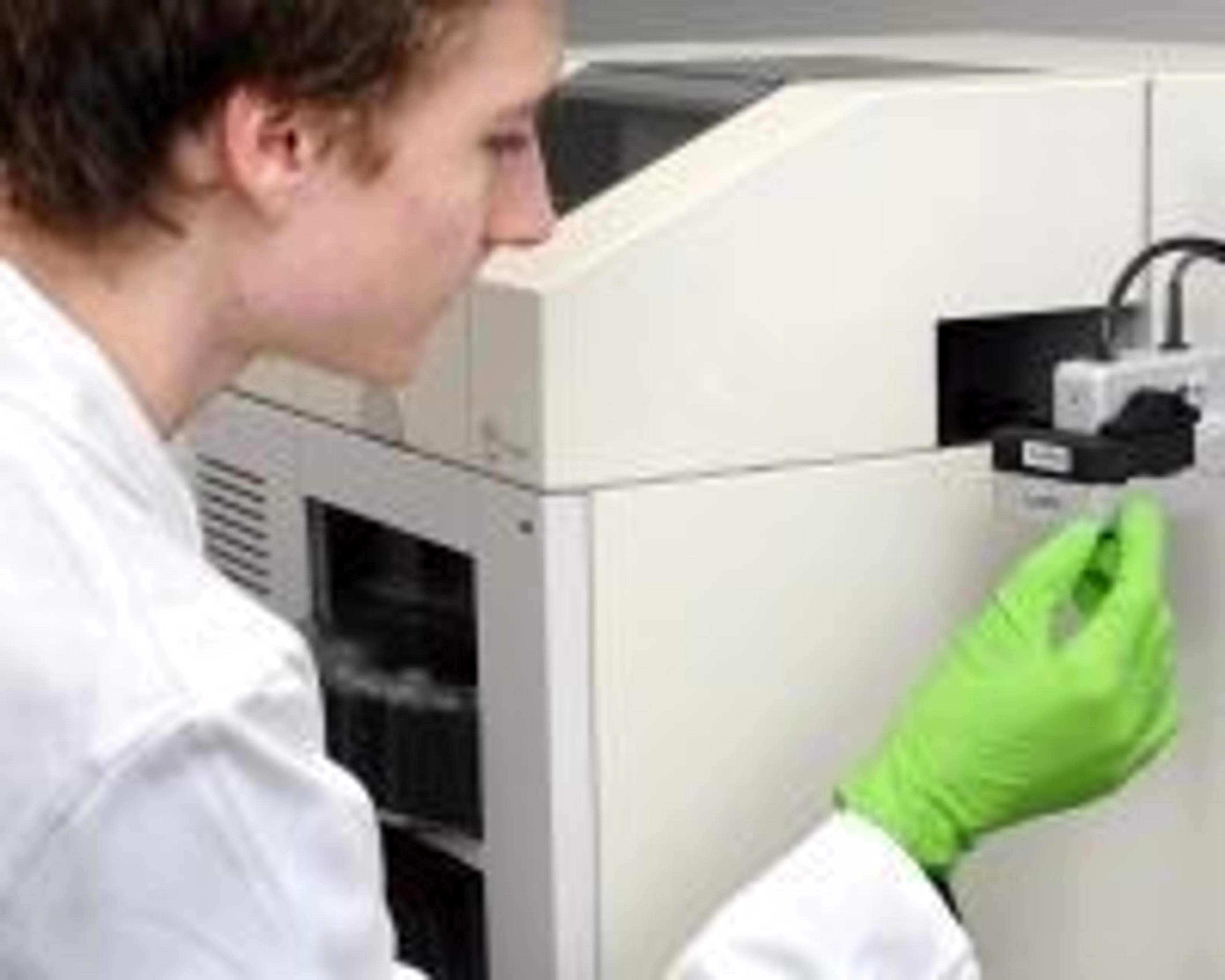High Throughput Monitoring of Protein Adsorption
12 Jul 2009Paraytec Ltd. has announced that its multi-award winning ActiPix D-100 system has been selected by Cambridge University to enable pioneering research into high-throughput micro channel separations of recombinant proteins within microcapillary films.
Professor Nigel Slater, Dr Nick Darton and Dr Nuno Reis at the Department of Chemical Engineering and Biotechnology at Cambridge University are developing high-throughput micro channel separations for recombinant proteins within MicroCapillary Films (MCF's). MCFs contain any number of uniform, parallel capillaries within a flat polymer film and they can be fabricated from a range of low-cost polymers using a cheap extrusion process. Professor Nigel Slater commented 'Our team chose the ActiPix system from Paraytec to study this process because it is uniquely designed to simultaneously image up to eight different capillaries at the same time - providing spatial, temporal and concentration data of adsorbed and eluted proteins'. He added 'Our research has been generously funded by the Bioprocessing Research Industry Club (BRIC) of the BBSRC'.
Paraytec's multi-award winning product, the ActiPix D100, is the world's first quantitative UV area imaging system. As well as providing superior performance over existing micro and nano flow detectors the patented ActiPix opens up intriguing new possibilities never before possible using conventional detectors.
Applications for the company's patented ActiPix technology can be broadly classified into two types, area imaging or capillary based. Area imaging applications include real time study of diffusion processes, in-line quantification and sizing of biopharmaceuticals, dissolution / solubility testing and membrane transport studies. Capillary based applications include use of the ActiPix D100 as a sensitive and selective detector for multiplexed capillary electrophoresis (CE), nano-liquid chromatography (nano-LC) and capillary LC experiments.

